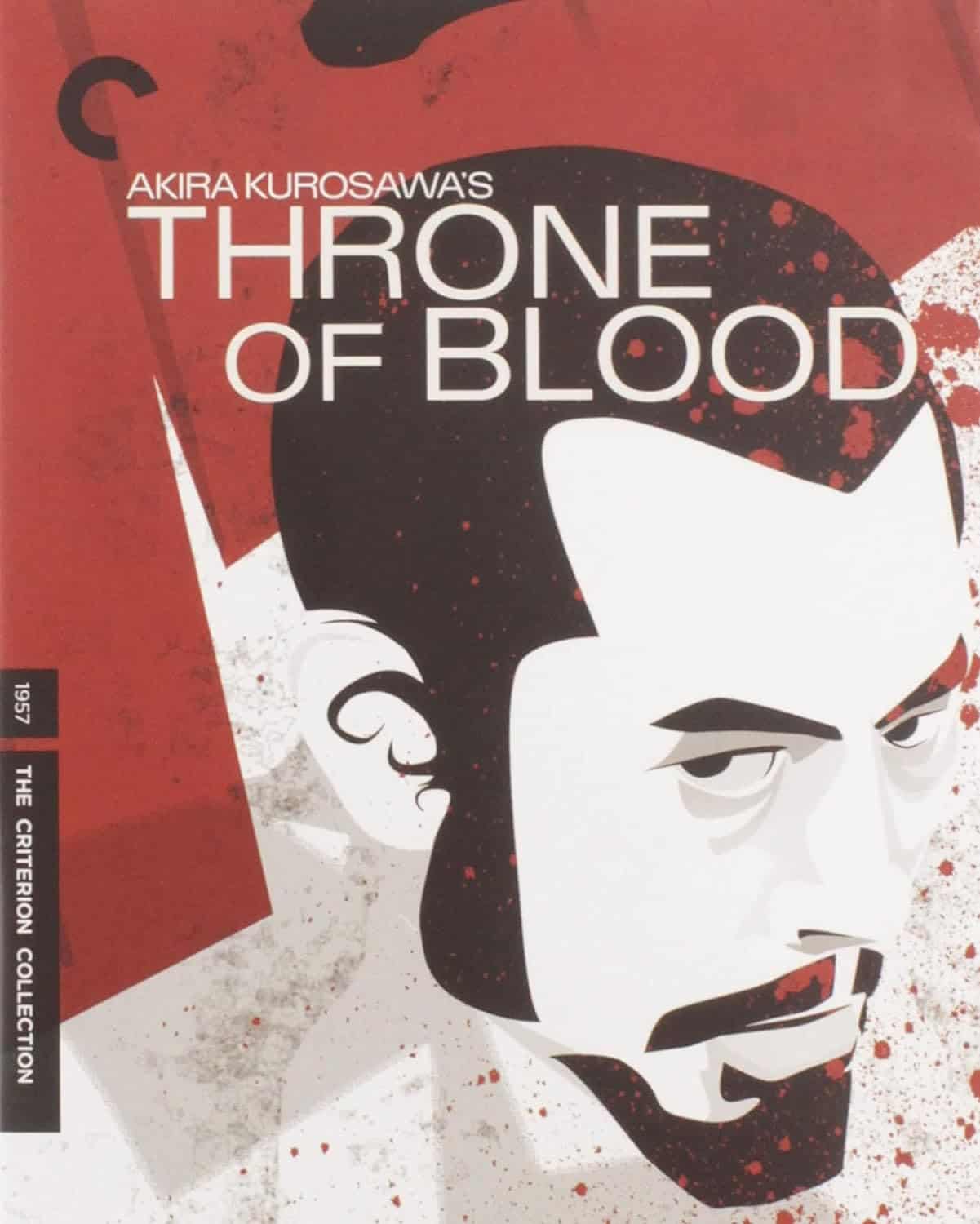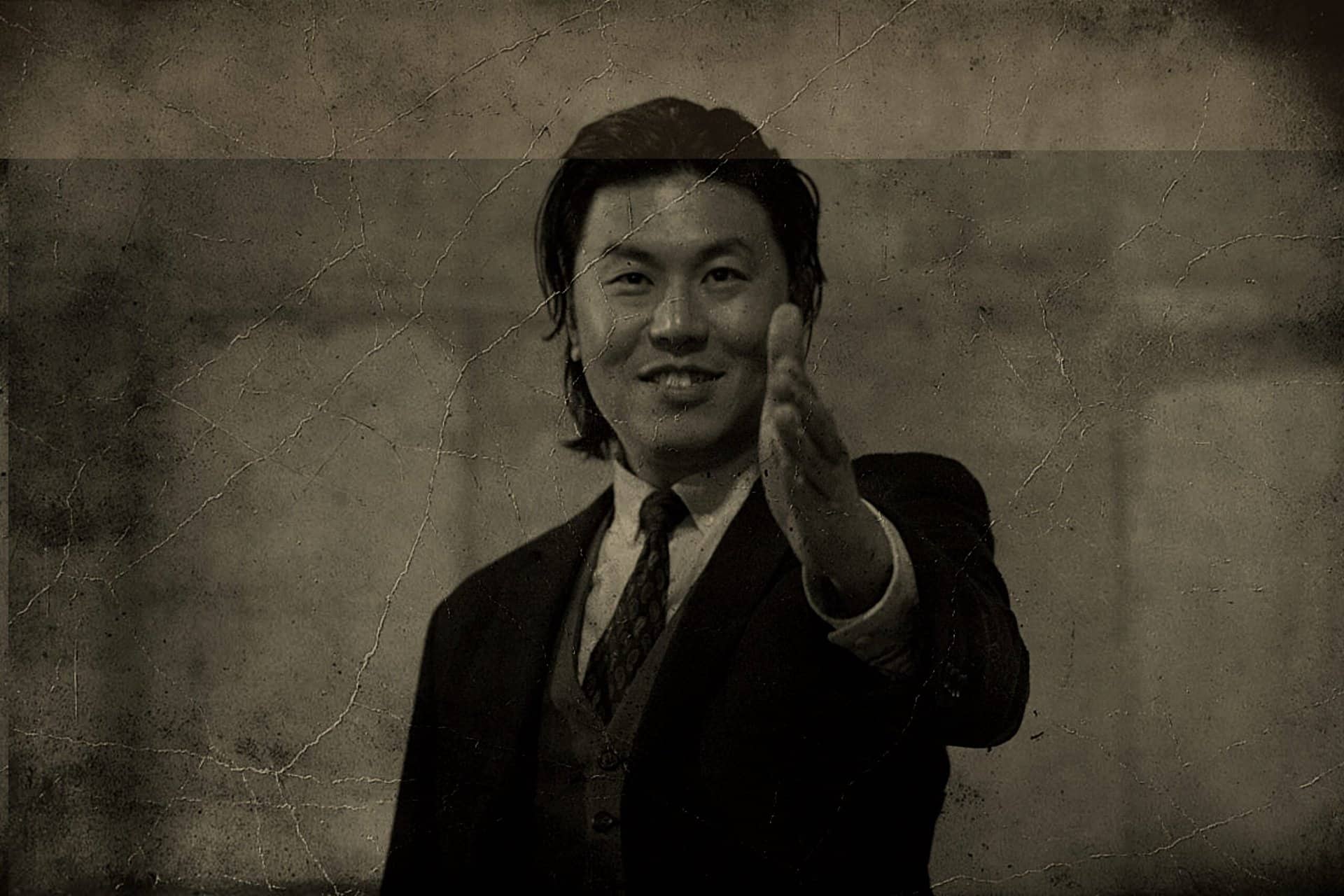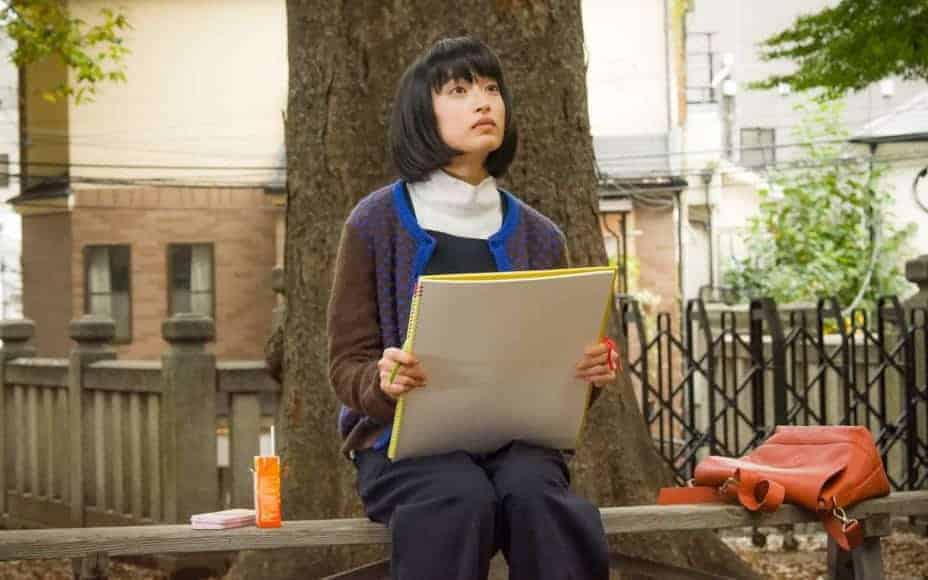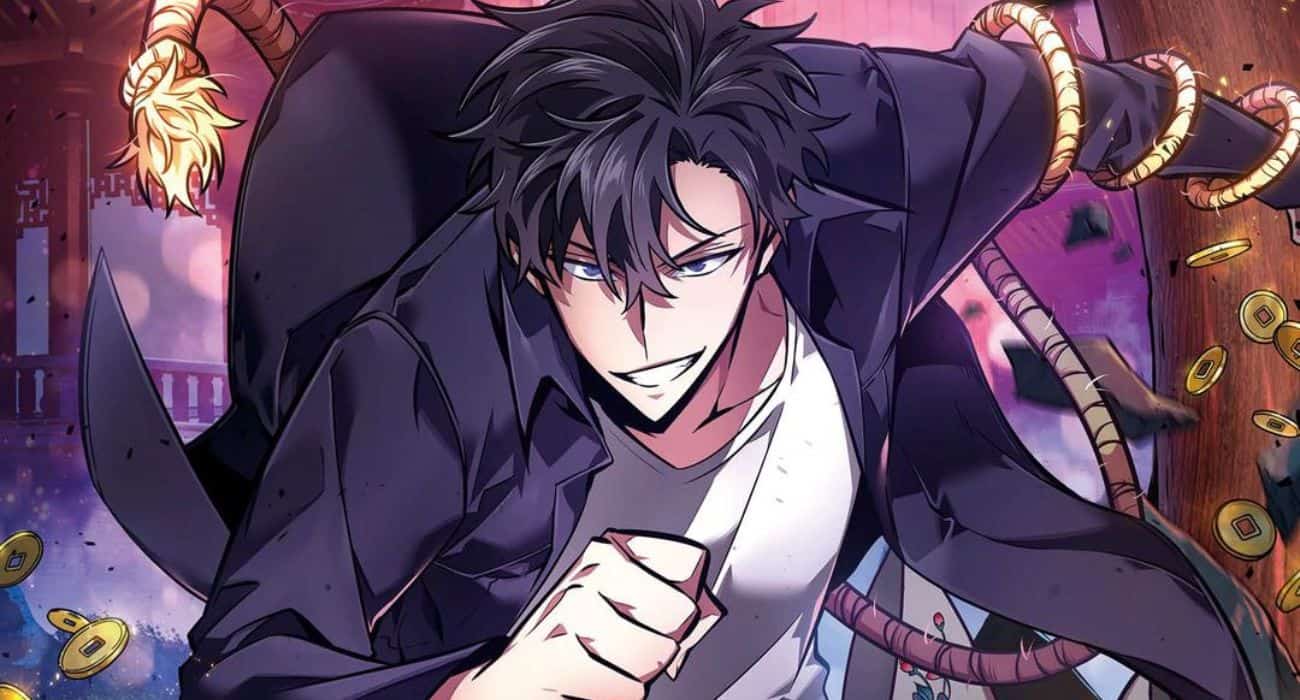After the drama “I Live in Fear”, acclaimed director Akira Kurosawa would return to the jidaigeki with “Throne of Blood”, arguably one of the most popular works within his filmography. Being an adaptation of William Shakespeare's “Macbeth”, the feature follows the basic structure of the play's plot. However, Kurosawa infused the story with several elements embedded within Japanese culture, such as bushido, systems of belief and superstition. As a result, “Throne of Blood” stands out among the many adaptations of the famous drama as it stays true to its origin but at the same time explores its themes within the aforementioned cultural narratives Kurosawa has chosen for his feature.
Having successfully defeated the enemies of their lord, generals Washizu (Toshiro Mifune) and Miki (Akira Kubo) are on their way back to Cobweb Caste, but get lost in the maze-like forest surrounding the fortress. Eventually, they come across a spirit telling them about their future, which sees glorious achievements for both of them. While the two generals and friends laugh off the encounter as just an illusion and a way to trick them, the news of being rewarded with a better position among their lord's ranks makes them rethink their position towards the spirit's prophecy. Especially Washizu is deeply shaken by the events, and tells his wife, Lady Asaji Washizu (Isuzu Yamada), what has happened.
As days go by, Washizu grows even more restless, because the prophecy included him being the new lord and thus ruler of Cobweb Castle. However, he fears Miki might have told their superior about the spirit's message, causing suspicions against Washizu and improving his friend's status. When his lord arrives at his fort, Washizu and his wife begin a scheme of their own, which will not only make the prophecy come true, but which will eventually rid them of anyone getting in their way.
Much has been said about “Throne of Blood” and other features directed by Akira Kurosawa, but there is still much to explore when it comes to his adaptations of Western literature. Within the Elizabethan belief system, disrupting the God-given order, also known as the “Great Chain of Being”, results in a state of chaos, which should be corrected by punishment or any other kind of intervention. Hence many of Shakespeare*s heroes, whether we speak of the comedies or the tragedies, meet a bleak fate or must suffer the consequences of their ways. In “Throne of Blood”, the idea of disrupting the order is still very much present, but the concept is implemented within the logic of bushido and the strict hierarchy demanded within the ranks of lords and generals. At the same time, Kurosawa explores the question whether Washizu's fate was sealed from the start or whether the spirit ignited the tragic and bloody course of events, leading to the question whether the spirit the two generals meet in the woods, is in fact evil and thus an agent of chaos.
Interestingly, Kurosawa*s adaption leaves those questions aside for some time, as it concentrates on the human drama. Toshiro Mifune and Isuzu Yamada play characters whose temper could not be further apart, as the husband grows increasingly more paranoid and fearful while his wife seems much more composed and methodical. Similar to the play, whose exploration of the roles of husbands and wives (or for that matter, women in general) is quite thought-provoking, Kurosawa shows the influence of the prophecy on both characters and the corruption of their nature and character. Relying heavily on the actor's performances, the use of silence and the staging of each setting, Kurosawa emphasizes the growing distance between husband and wife, as well as the distance towards their environment, perhaps best shown when Washizu sees Miki's ghost and how his generals react to their new lord's outburst. It is perhaps not so much ambition which clouds the minds of these characters, but the fact they have touched a sphere that is not meant for them.
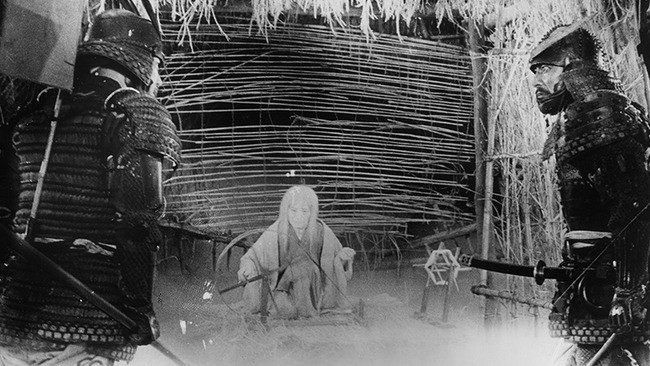
Another point which should be noted is the conflict of these spheres, or more precisely between man-made hierarchies and the spiritual world. If we take both concepts for granted (as the character in “Throne of Blood” clearly do), they do not seem to complement each other in the same way as microcosm and macrocosm did within the Elizabethan world view. Considering the spirit as an agent of chaos, as suggested before, brings forth questions about whether the human characters are more like pawns in a great game whose rules are hidden from them. To make matters worse, Washizu's violation of bushido by killing his superior and later on his friend through another scheme, shows the spiritual world in a much bleaker light, as the prophecy was clearly meant to make the general upset the order which he obeyed to serve. On the other hand, as he has been granted a glimpse of what life has in store for him, Kurosawa (and thus also Shakespeare) stresses how both spheres should not mix, as even the brief insight Washizu and Miki have been given only causes chaos, violence and, naturally, bloodshed.
In the end, we are left with the question of relevance. Shakespeare's play can be read as a reflection of the kind of beliefs shared by his audience, but then again this reading is also too short-sighted. The timeless nature of “Macbeth” is about its way of questioning how much of the course of our lives is determined by ourselves and what is out of our control. “Throne of Blood” deals with these notions, while at the same time highlighting the idea whether we actually want to break from a prophecy or vision of our lives, whether we can or want to be free in the first place. Lord and Lady Washizu meet their fate, with one of them committing suicide and the other being killed by numerous arrows, but we have to question if their demise was sealed from the start, if it was the cause of a perhaps malevolent prophecy or whether their desire to break our of their defined roles was punished.



